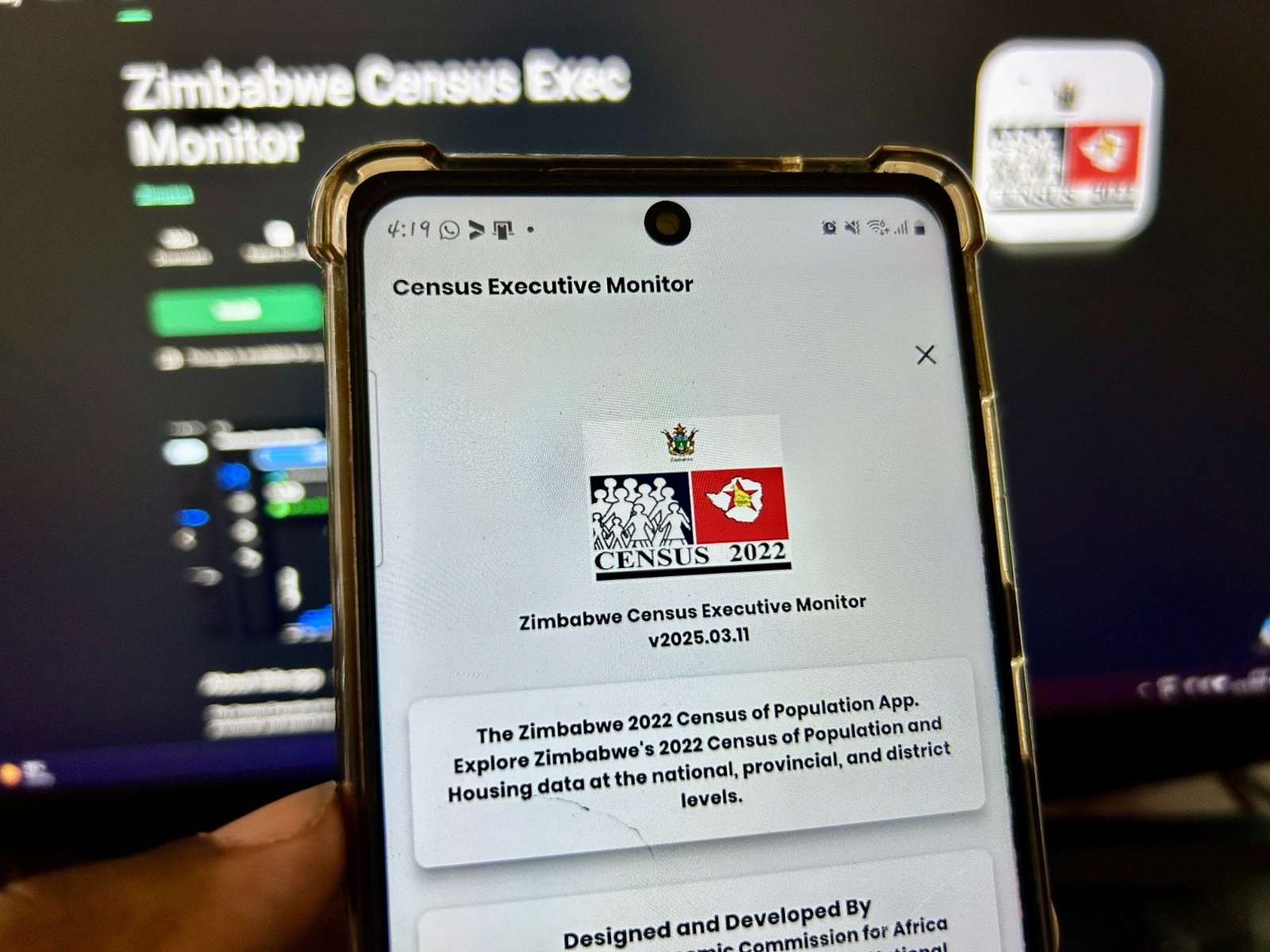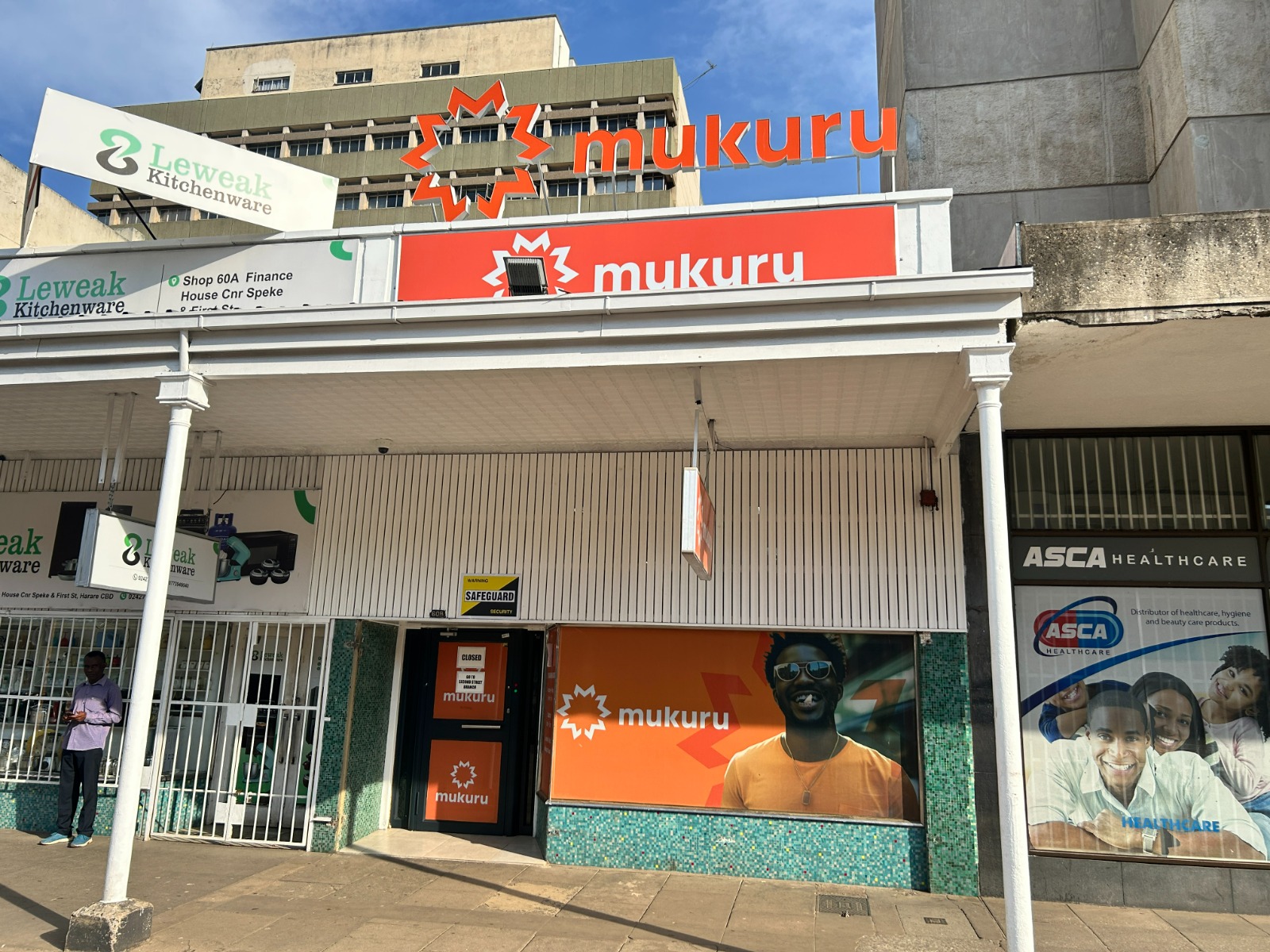The Parliament of Bostwana on Tuesday unanimously passed crypto legislation under The Virtual Asset Bill which will regulate cryptocurrencies and digital assets as reported by Bloomberg. According to Botswana’s Minister for Finance, Peggy Serame, the Virtual Asset Bill is there as an anti-money laundering (AML) measure with opposition lawmakers saying that if left unregulated the crypto industry could cause a “Wild West” scenario for the financial sector.
Botswana’s push for a crypto bill comes after it was removed from the Financial Action Task Force’s (FAFT) list for countries that need more monitoring in relation to money laundering and terrorist financing. A little sidenote, Zimbabwe is, as I am sure you have already guessed, on the list with the organisation stating that:
At its October 2021 plenary, the FATF has made the initial determination that Zimbabwe has substantially completed its action plan and warrants an on-site assessment to verify that the implementation of Zimbabwe’s AML/CFT reforms has begun and is being sustained, and that the necessary political commitment remains in place to sustain implementation in the future.
FAFT
Anyway, Botswana’s Virtual Asset Bill requires any company that offers crypto-related services (which includes digital tokens) to obtain a licence from the Non-Bank Financial Institutions Regulatory Authority (NBFIRA). This is because a couple of months back the Central Bank of Bostwana released a statement expounding on the risks involved with crypto trading and so-called investments:
There is no specific legal or regulatory framework pertaining to, or proscribing investment, in crypto assets, such as bitcoin in Botswana. Therefore, trading in bitcoin or similar decentralised technologies, also known as “cryptocurrency”, is akin to investment in any other intangible assets with attendant risks, inherent in such investments, such as complete loss of value or possible abuse of the technologies to the detriment of investors. These activities put the investor’s funds at risk, premised on the trust and full knowledge of the nature and scale of the risks associated with these forms or types of businesses;
Bank of Botswana
So unlike what we are seeing locally, Botswana is keenly aware of the risks that come with crypto and moved quicker than most to implement legislation. This avoids what we saw in our teapot shaped country when scammers made off with US$6 million in the Cryptoshare investment scheme.
The crypto bill passed by Botswana will at the very least give the country a way to register and scrutinise entities that want to operate in the country. All it needs now is the President’s signature and it will become law.
You should also check out
UK-based financial services lawyer, Prosper Mwedzi drafted a private Crypto Bill for Zimbabwe which outlines the responsibilities of the authorities and companies that want to operate in the space locally. We had a Twitter Spaces with him last year to go over the bill as well as the paper he co-authored with The Zimbabwe Blockchain Think Tank.














Comments
12 responses
Great take! 👌👍
dont forget the ponzi scheme cash fx or cfx or cash forex group guys here that were punting that scam, if you want names of the top guys here punting that scam for commissions, ask me, i will let you know !! they are sitting pretty here in Zim still !!
You are misinformed. CFX is not a ponzi. Commissions are earned in many industries (real estate, car and other sales, financial industry). It’s a common incentive structure in many businesses. There are many scams out there, but CFX is not one of them.
CASHFX / CFX , CASH FOREX GROUP , whatever you want to call it, is a GIANT PONZI SCHEME , still people like you want to sell it just to get a commission when you rope in the next sucker !! You should be ashamed !!! your time will come …
Read all about the scam here: https://uk.trustpilot.com/review/cashfxgroup.com?aspects=week&stars=1&stars=2
thanks
cash fx, cfx, cash forex group is a big ponzi scheme in zim
if you want the names of the big promoters in Zim, let me know , they are sitting pretty after scamming a lot of people here
Age group (67-75) occupying key positions in Zimbabwe leaves a lot to be desired. They shall be zero progressiveness till that is dealt with.
It’s not really the age that stifles lack of progress but the reluctance to learn new methods, technologies and adopt new perspectives through insatiable curiosity for example. I’ve seen youngsters half my age that clearly have closed the door on learning in general, opting to remain stupid and ignorant to death. Be open-minded.
For me personally crypto take up or buy-in in Zimbabwe is determined by a few critical factors based on experience. Many citizens were defrauded in an environment where the Reserve bank clearly failed in its role of controlling & monitoring the banking/financial sector. This is unforgivable and still etched in the memories of the victims, like me. Therefore the entry of crypto currency where central control is completely missing means even greater risk.
Have the fraudsters been caught in Zimbabwe? I don’t know but have no reason to think so. Conviction rates on fraud in Zimbabwe are very low – meaning that fraud in general is very lucrative, low-risk hustling. Hardly news to celebrate.
We have electric power issues in Zimbabwe which will have a dire effect on transacting in crypto aside from the current limit of 7 tps (transactions per second) compared to VISA’s 1700 tps.
If the bitcoin of choice collapses, the losses will be monumental and the official value of the fraud will be impossible to determine (Africrypt RSA $3.6b estimate, Mirror Trading Int. RSA $1.2b estimate).
What happens when the bitcoin cap limit in coins/value is reached?
Whilst crypto is fairly secure, imo, the risk of investing in it far outweighs benefits in Zimbabwe. The Botswana legal initiative is commendable in mitigating fraud from the outset, but fraud patterns are evolving at the same rate of tech advances or even faster in some cases.
These bills and regulations are just a way to create fear in the market and this will never end.
It’s unfortunate how these scammers even try to sleep at night knowing they stole someone hard earned money. I lost $15,000 in USDT due to the guy I met on Telegram group. He claimed to be a broker and has been trading for sometime now. Convinced me to invest hoping I will get 35% of my investment in 14days time but I was asked to pay money to be able to withdraw my capital. Even after I paid I wasn’t able to. A friend of mine recommended Scott Wilfred HACKER who not only recovered my USDT but also reviewed all their info that assisted the Interpol to get them arrested. All thanks to Scott Wilfred . Here is where to reach him Email : wilfredscott 912 @ gmail.com